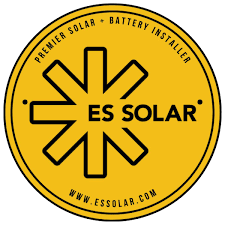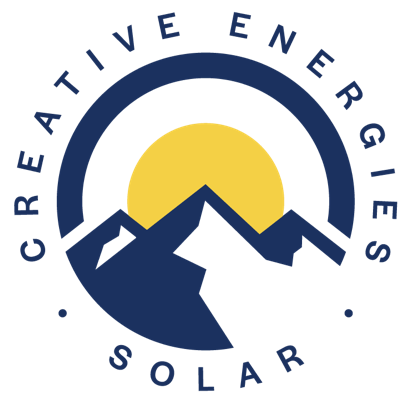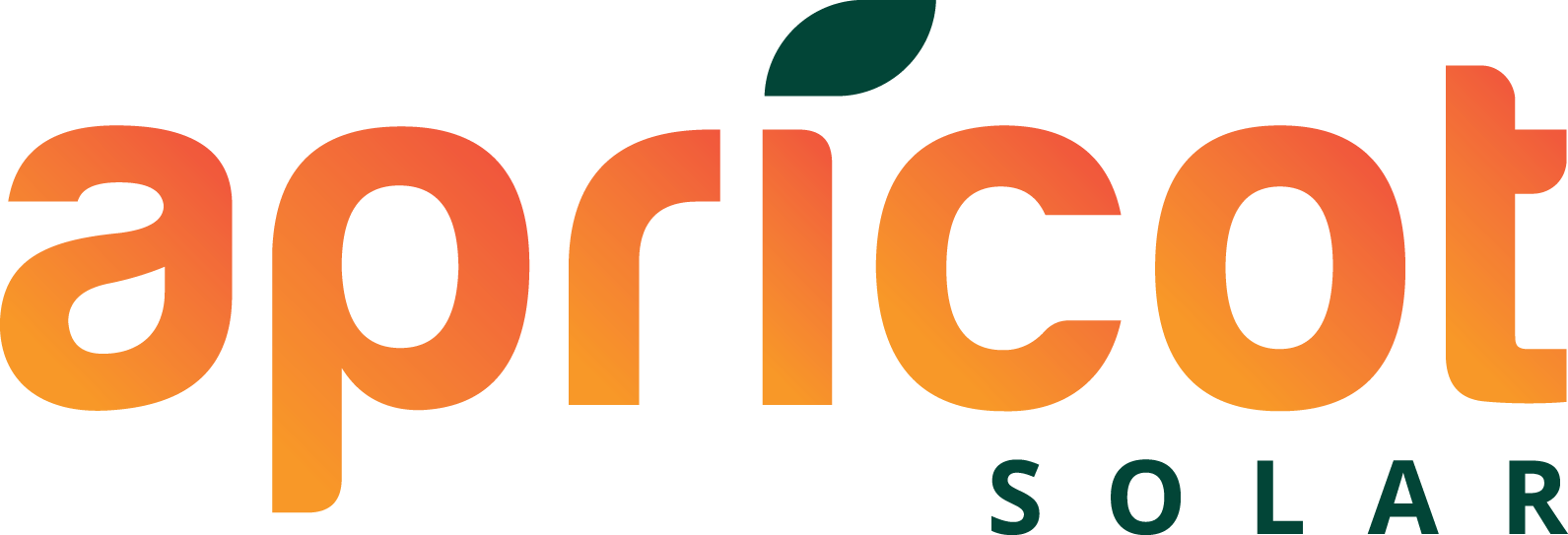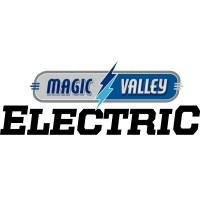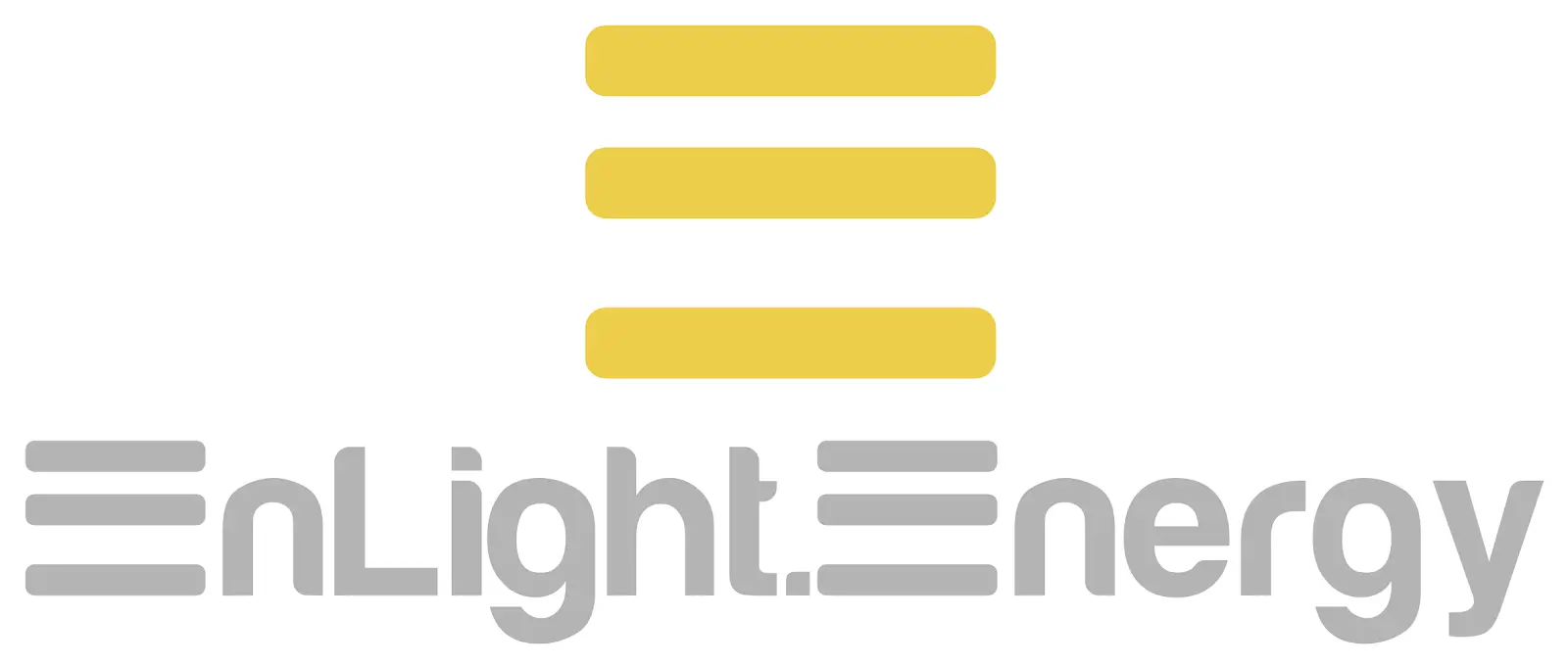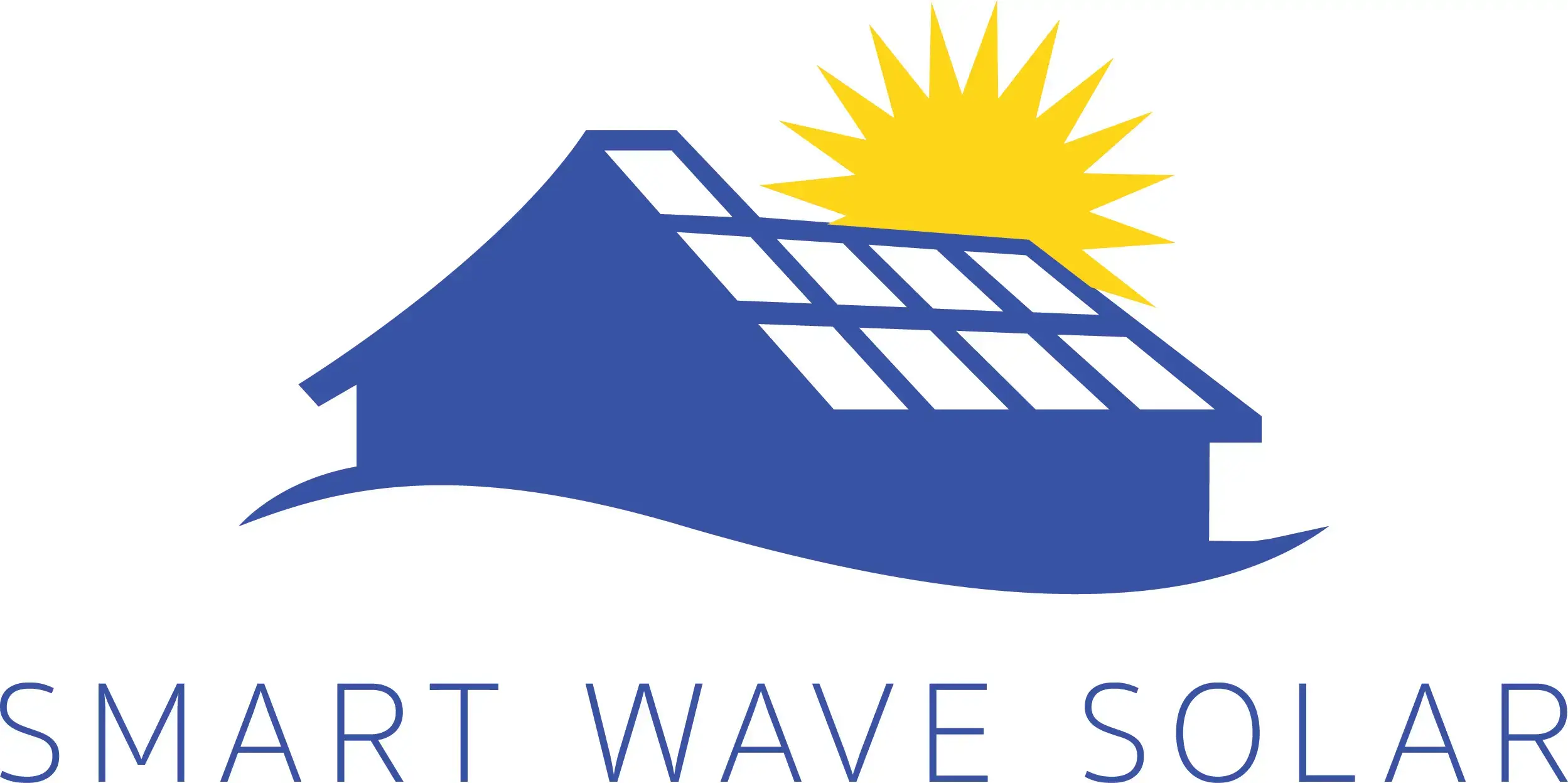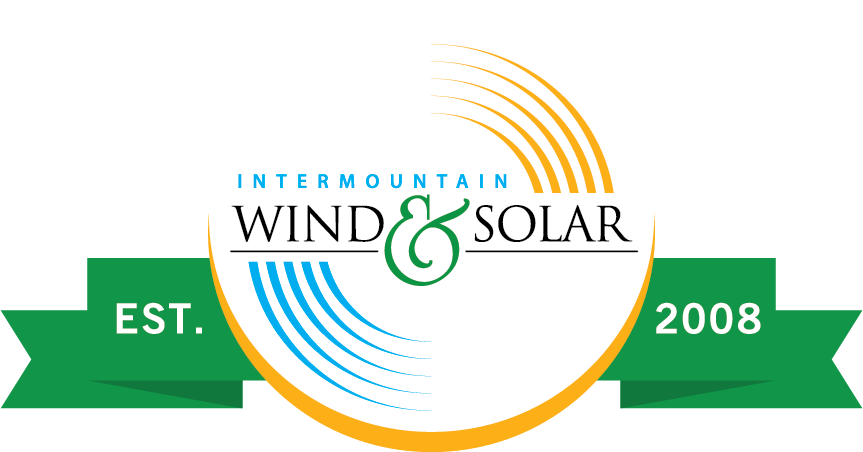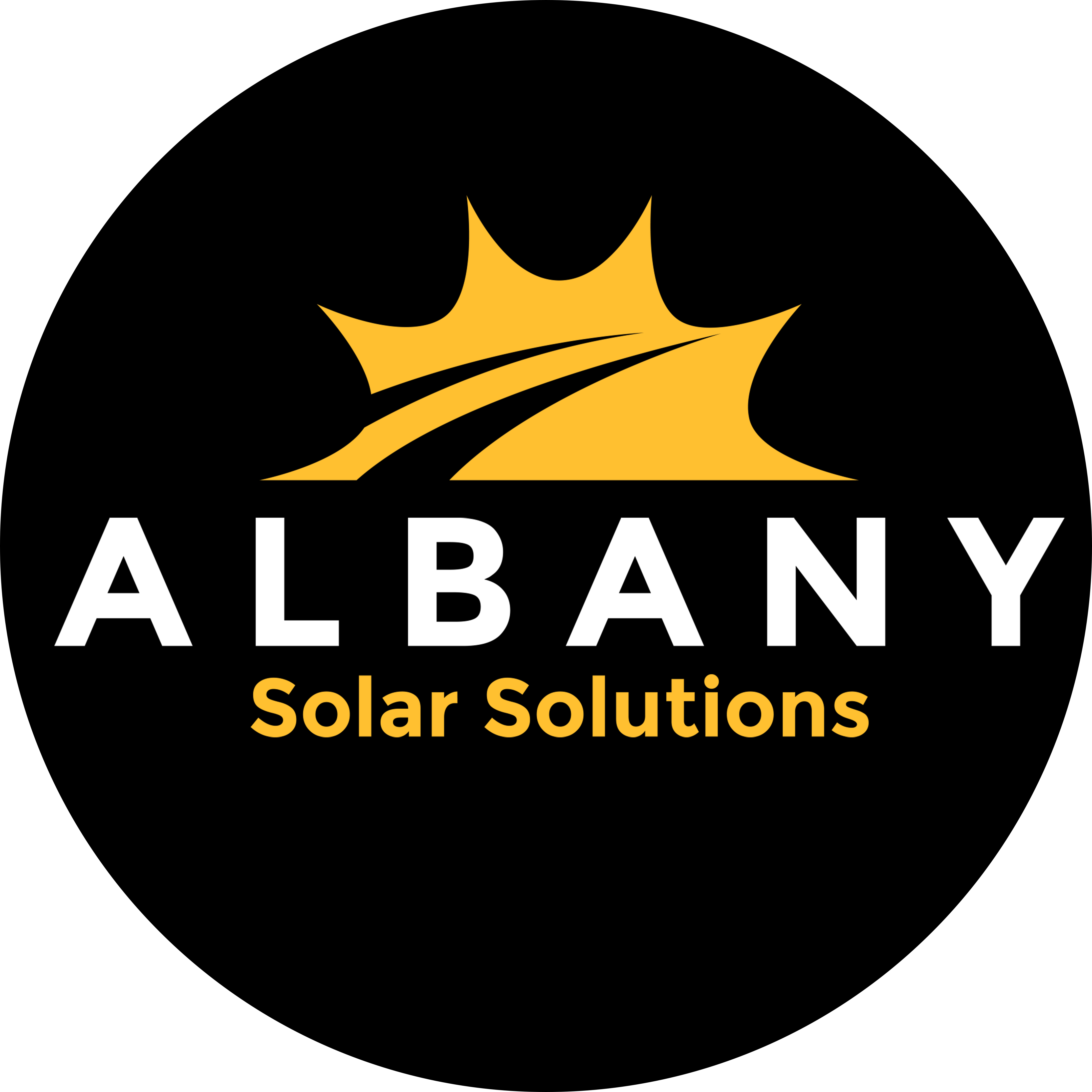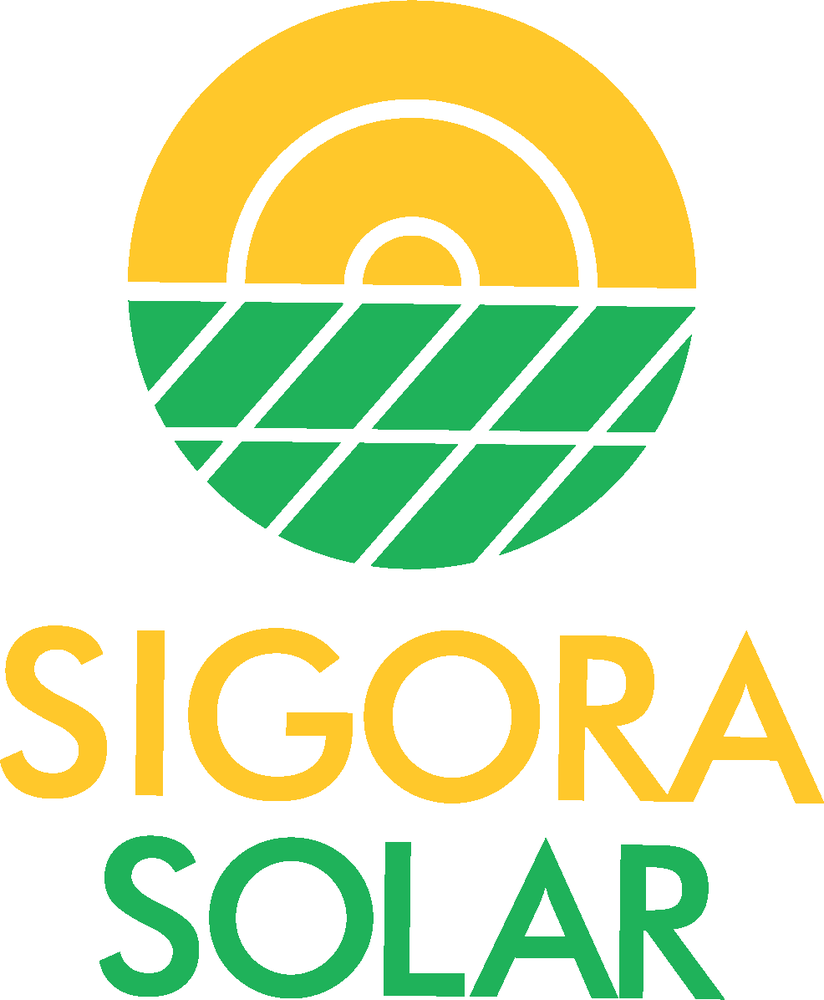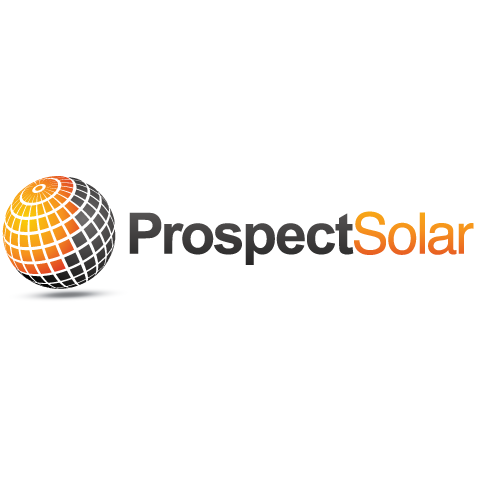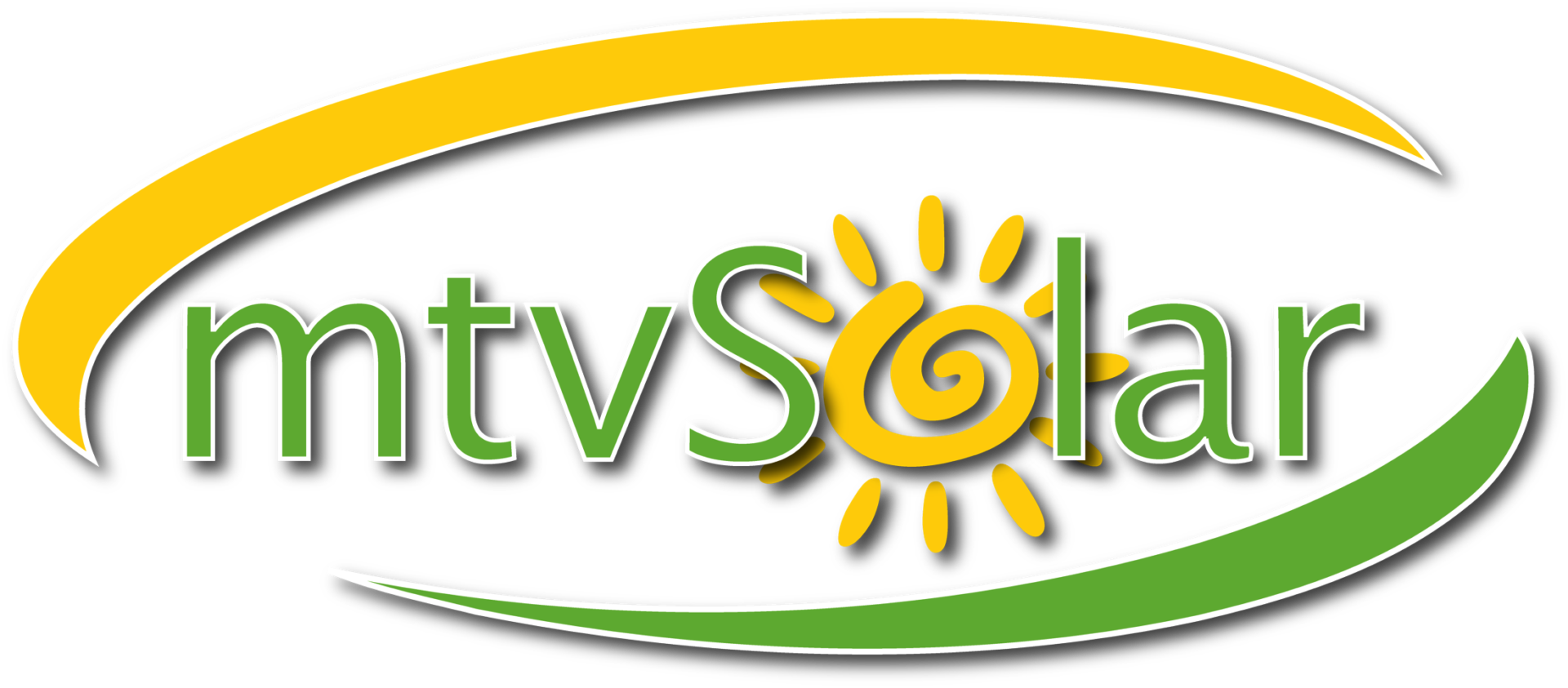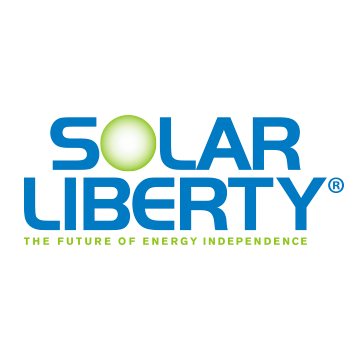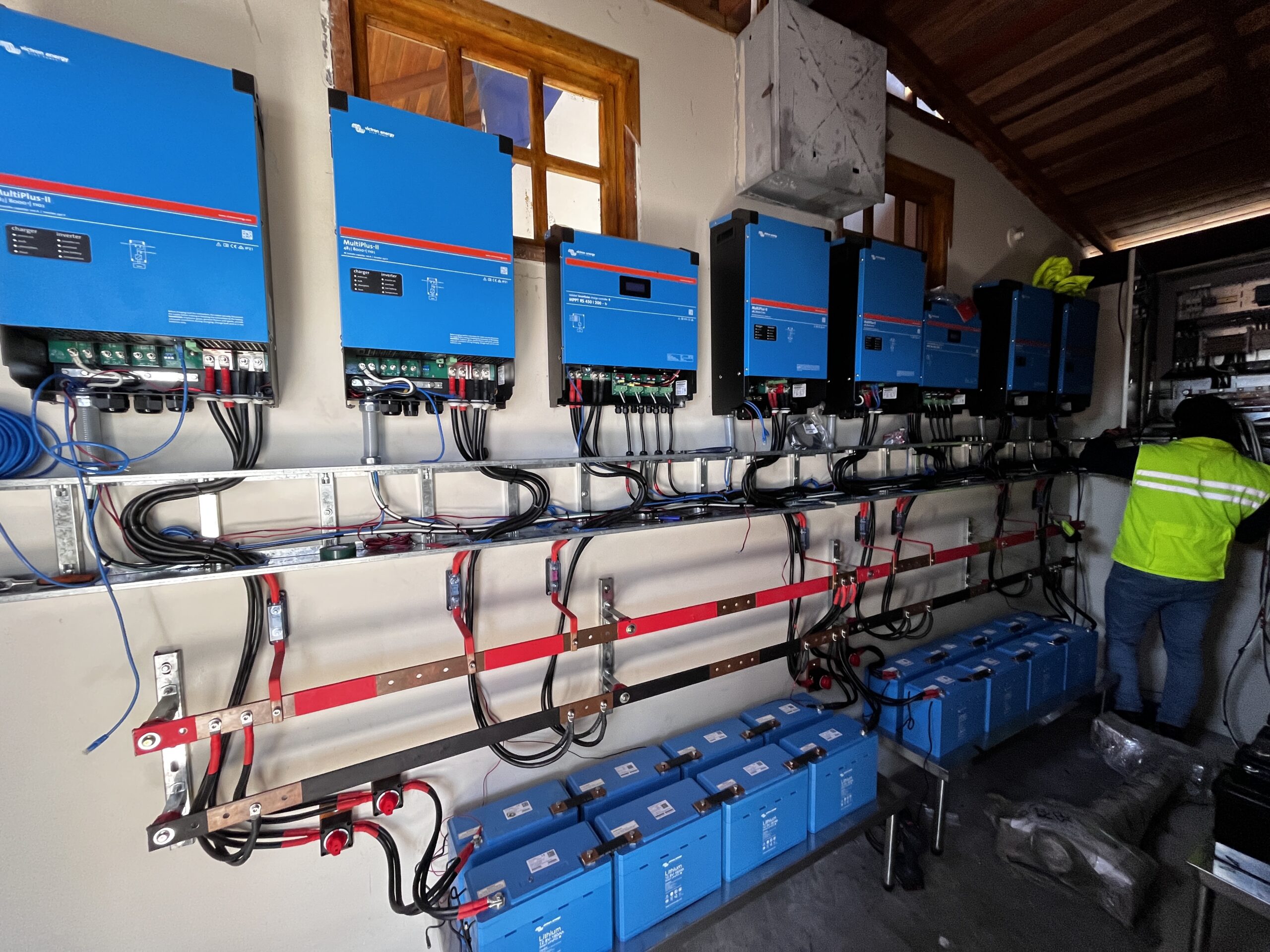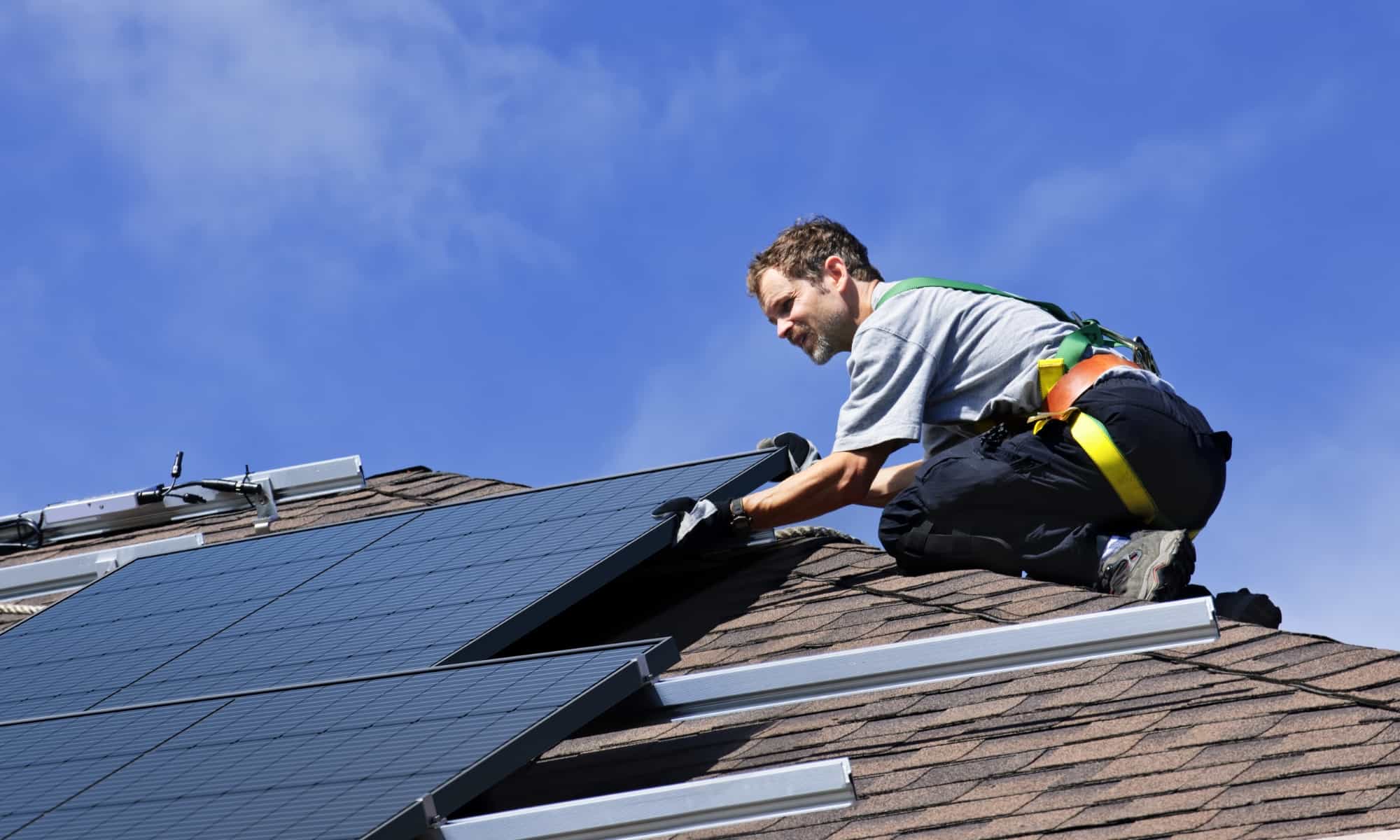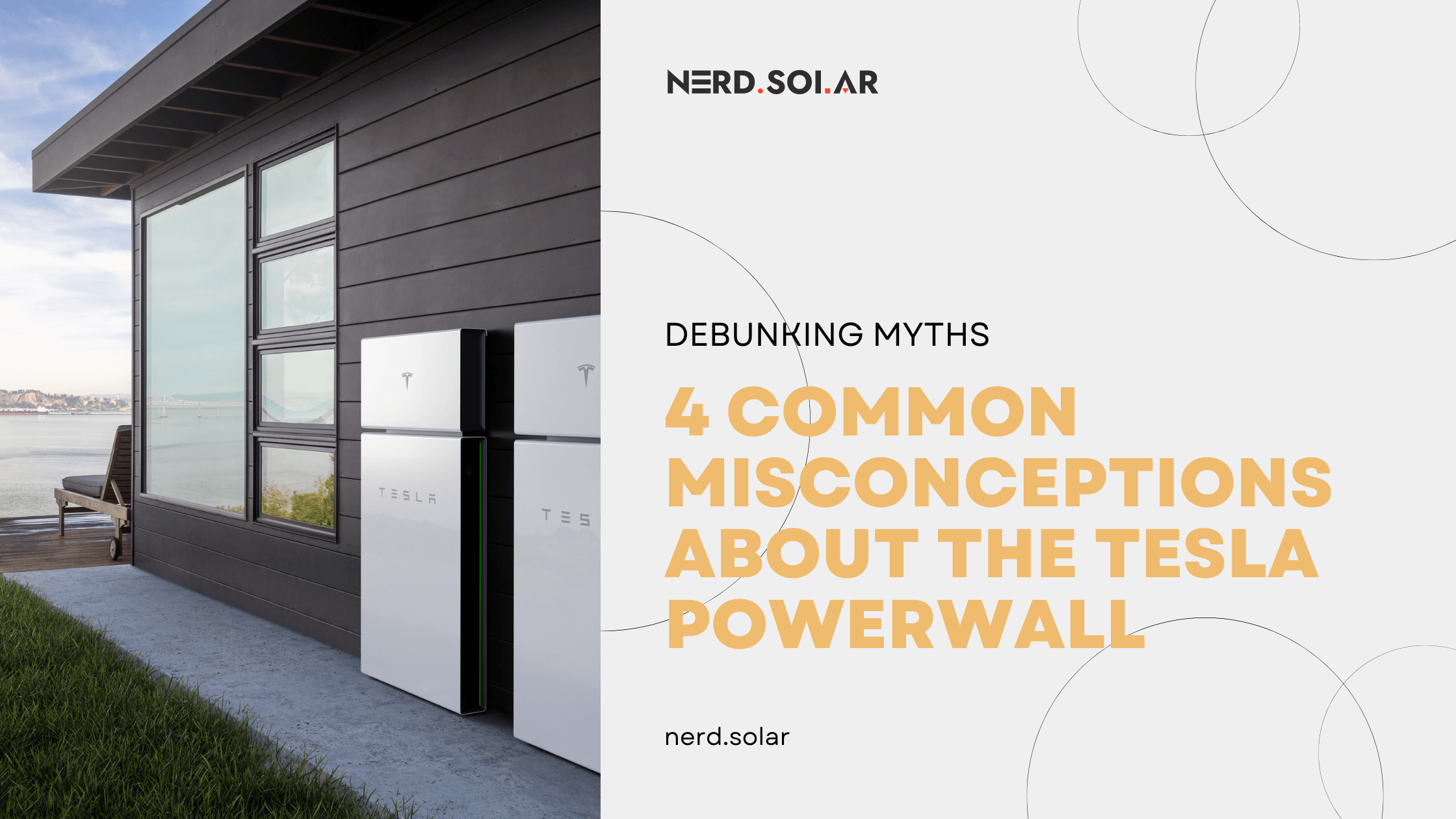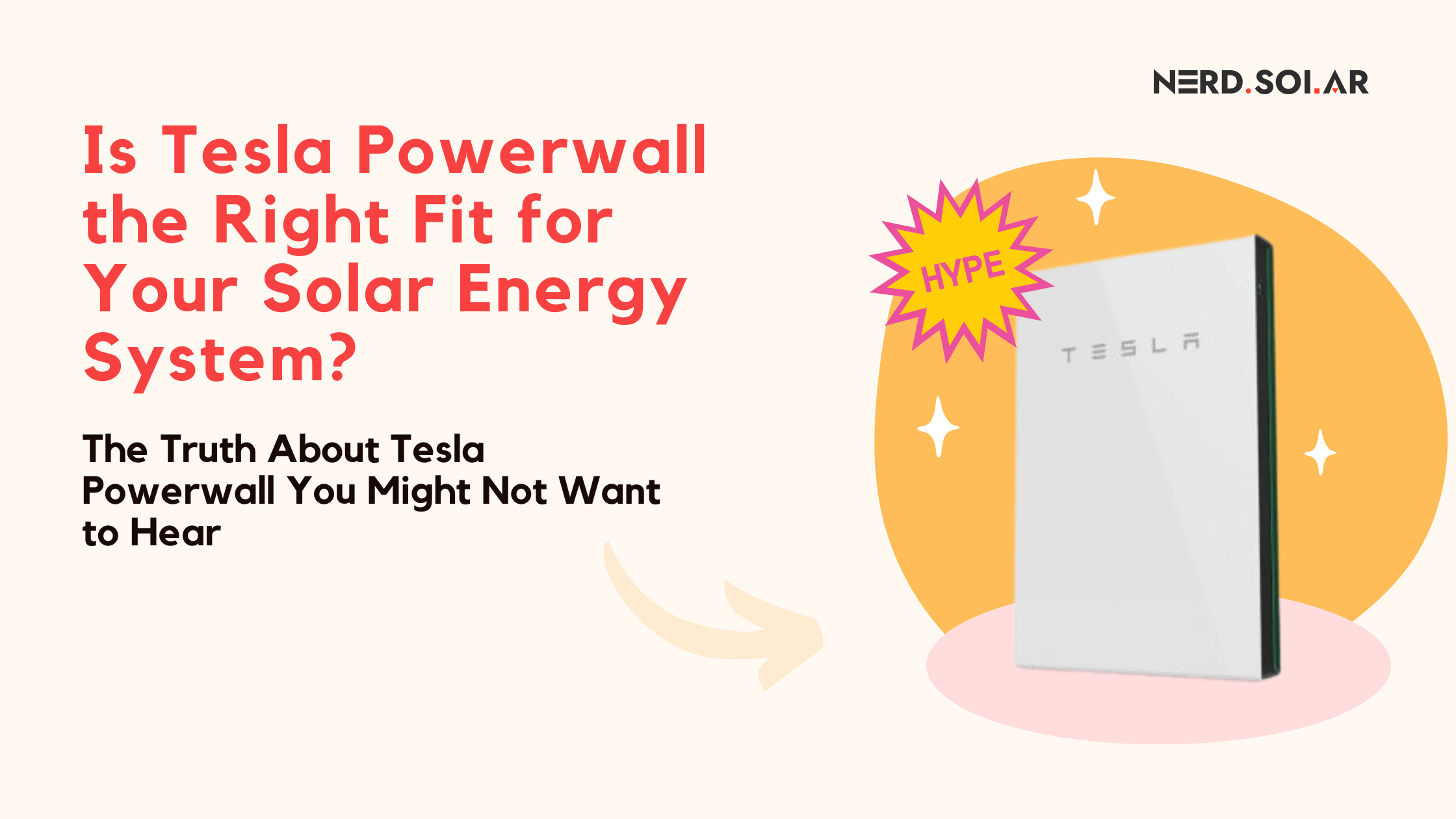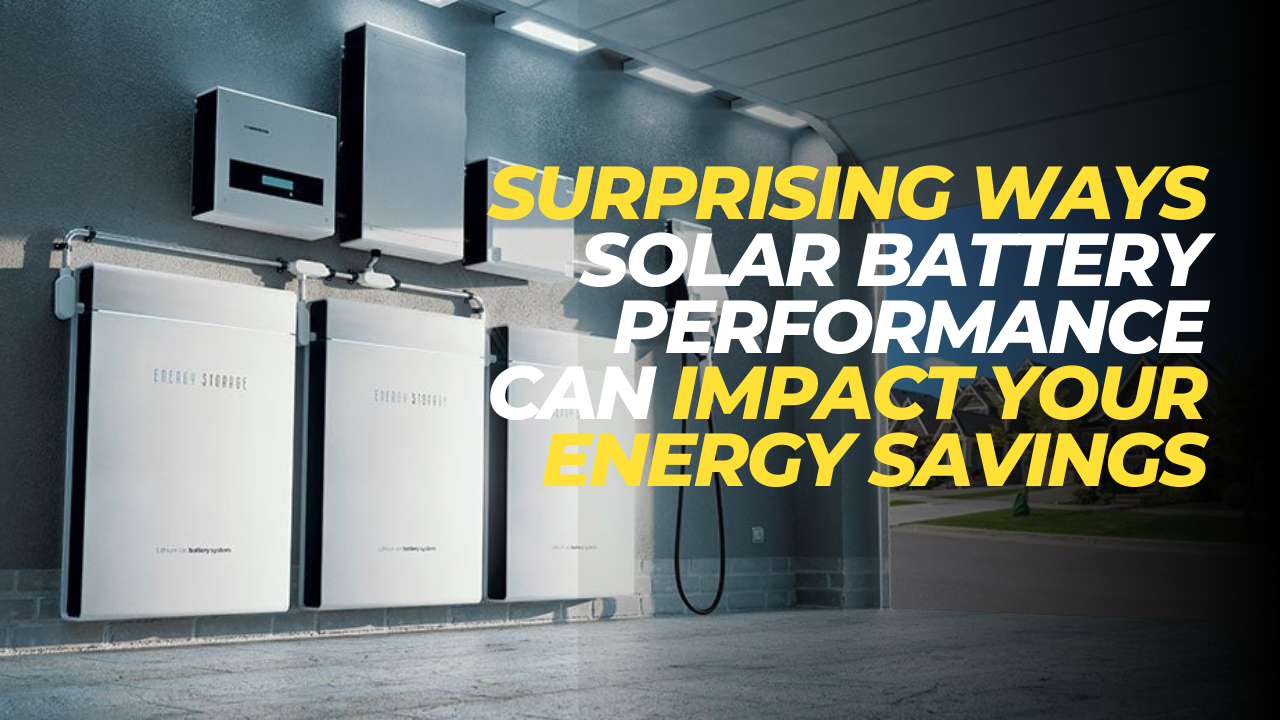How Do We Rate Solar Companies?
TL;DR: We rate solar installers from 1 to 5 stars to help you pick the best one. High stars mean they’re really good at what they do and treat their customers right. Low stars? Not so much. We give credit to companies that have been around for a while, know what they are doing, have a high standard of workmanship and equipment, don’t hire subcontractors to keep the bar of solar installation quality high and have good local reviews from real customers (yes, we check if the reviews are actually real or fake). Companies we choose as top-rated know and can help with federal and local solar incentives to help you save, have good financing plans, and guarantee their work. We’re here to point you to the solar companies that truly rock, making going solar easy and worthwhile for you.
Check our detailed review process here.
Quick Recap
- Is It Worth Going Solar in Utah? Yes, going solar is generally a great option in Utah.
- How Much Does Solar Save Homeowners in Utah? Homeowners can save around $90.36 per month or $1,084 per year. Over the lifetime of their solar system, the average homeowner saves $14,751.
- What is the Average Cost of Going Solar in Utah? The average cost of installing a 5-kilowatt solar panel system in Utah is around $13,627 before incentives.
- Utah Solar Incentives Utah offers a personal tax credit of up to 25% of the qualified solar energy system installation costs, up to a maximum credit of $2,000. Additionally, homeowners are eligible for the Utah Renewable Energy Systems Tax Credit (RESTC) and the federal solar investment tax credit (ITC).
- Are There Any Community Solar Programs in Utah? Currently, there isn’t a local community solar program in Utah. However, Summit and Wasatch County residents can participate in the SCPW Solar, a community-led bulk-purchase solar discount program.
- Will Solar Increase Your Home Value in Utah? Yes, the addition of solar panels can increase the value of a Utah home by around $15,000 to $20,000.
- What are the Solar Financing Options Available in Utah? Homeowners can purchase solar with their own funds upfront or borrow money from a bank, credit union, or home equity loan to purchase solar. Some financing institutions offer low-interest, solar-specific loans.
Is It Worth Going Solar in Utah?
Going solar in Utah can be a beneficial decision for many homeowners due to a variety of reasons including energy savings, financial benefits, and environmental impact. Here are some key points to consider:
- Energy Savings: Solar panels can generate a significant amount of electricity, reducing the need for power from the grid. The average electricity rate in Utah is 11.75 cents per kilowatt-hour (kWh). With solar panels, homeowners can generate their own electricity, potentially saving money on their energy bills.
- Financial Benefits: There are several financial incentives available for homeowners in Utah who choose to install solar panels:
- Federal Solar Tax Credit (ITC): This nonrefundable tax credit covers up to 30% of the purchase and installation costs for a rooftop solar project on your home and is available now through 2032.
- Utah Renewable Energy Systems Tax Credit (RESTC): This state tax credit covers up to 25% of the purchase and installation costs for residential solar PV projects, capped at $1,600.
- Payback Period: The average solar payback period in Utah is 14 years. After this period, the electricity generated by the solar system is essentially free, leading to more savings over the lifetime of the system.
The average homeowner saves $14,751 over the lifetime of their solar system.
- Environmental Impact: By installing solar panels, homeowners can reduce their carbon footprint and contribute to a cleaner, more sustainable energy future.
- Increased Property Value: Homes with solar panels often have higher property values and sell faster than non-solar homes.
- Energy Independence: Solar power allows homeowners to generate their own electricity, reducing dependence on the grid and providing a level of energy security.
Comparison with Regular Utility: The leveled cost of solar energy in Utah is just 5¢ per kWh. In comparison, taking the forecast average for Utah electric rates over the next quarter-century, homeowners without solar panels will pay 21¢ per kWh4. This is more than 4 times higher than the cost of solar energy, making solar a financially prudent choice.
While the initial investment for solar can be high, the long-term benefits in terms of energy savings, financial incentives, and environmental impact make it a worthwhile consideration for many homeowners in Utah. However, the decision to go solar should be based on individual circumstances including the home’s location, roof condition, and the homeowner’s financial situation. It’s always a good idea to consult with a solar professional to get a detailed understanding of the costs and benefits.
How much does solar save homeowners in Utah?
Average Cost of Electricity in Utah:
The average cost of electricity in Utah is 13 cents per kilowatt-hour (kWh). On average, Utah residents spend about $130 per month on electricity, which adds up to $1,560 per year.
Savings with Solar Panels:
Solar panels can significantly reduce or even eliminate these costs. For example, the average electricity customer in Utah uses 983 kWh of electricity per month. If a homeowner installs a solar panel system that can generate this amount of electricity, they could potentially eliminate their electricity bill.
The average cost of a solar panel system in Utah is $25,200 before incentives. After factoring in the federal investment tax credit, the net cost comes down to about $17,640. The average solar payback period in Utah is 10.19 years. After this period, the electricity generated by the solar system is essentially free, leading to more savings over the lifetime of the system.
Based on the intensity and amount of sunlight hours in Utah, the average electricity customer in Utah will need a 7.5 kilowatt (kW) solar panel system to offset 100% of their annual electricity consumption. The savings from offsetting 100% of an electric bill with solar can add up fast! Assuming a 1.0% annual increase in electricity prices, you can expect to save $1,600 in your first year, $8,000 over five years, $16,300 over 10 years, and $34,300 over 20 years on electric bills in Utah.
*Please note that these are average values and the actual savings can vary depending on the specific circumstances of the homeowner, including the size of the solar system installed, the amount of sunlight the home receives, and the current cost of electricity from the grid. It’s always a good idea to get a personalized quote from a solar installer to understand the exact savings potential.
What is the average cost of going solar in Utah?
The average cost of installing solar panels in Utah varies depending on the size of the system. Here are some estimates:
- For a 5 kilowatt (kW) system, the average cost is around $13,627 before incentives. After the federal tax credit, the average price drops by 30%.
- As of April 2024, the average cost of solar panels in Utah is $2.66 per watt. This makes a typical 6000 watt (6 kW) solar system cost around $11,159 after claiming the 30% federal solar tax credit.
- The most recent data shows that the cost of solar panels in Utah ranges between $11,000 – $16,000, depending on the size of your home and energy needs.
- From Utah data, it is shown that the average cost of a solar panel installation ranges from $11,262 to $15,238.
*Keep in mind that these are average figures and the actual cost can vary depending on several factors such as the specific solar panels you choose, the installation company, and the complexity of your roof.
Utah Solar Incentives
Here’s a detailed overview of the various incentives and rebate programs available to homeowners in Utah who install solar panels:
- Federal Solar Incentives: The federal government offers a solar tax credit, also known as the Investment Tax Credit (ITC), which allows homeowners to deduct 30% of the cost of installing a solar energy system from their federal taxes. This tax credit is available for systems installed between 2022 and 2032. Starting in 2023, energy storage (batteries) are also included in this tax credit, whether they are charged by renewable energy or by the grid. There is no maximum amount that can be claimed.
- Statewide Solar Programs in Utah: Utah offers the Renewable Energy Systems Tax Credit (RESTC) for homeowners who install solar panels. This tax credit covers up to 25% of the purchase and installation costs for residential solar PV projects, capped at $1,600. However, the Utah residential solar tax credit is phasing down. The cap dollar amount you can receive begins to phase down as follows: 25% capped at $1,200 until 12/31/21, 25% capped at $800 until 12/31/22, 25% capped at $400 until 12/31/23. The Utah tax credit expires in 2024.
- Local Incentives in Utah: While Utah’s utilities no longer provide rooftop solar incentives, Rocky Mountain Power provides a battery rebate incentive program called Rocky Mountain Power Wattsmart Battery Program. If you cannot own solar panels but want to invest in cleaner energy, check out opportunities for purchasing clean energy shares through your utility or municipality.
These incentives can significantly reduce the cost of going solar in Utah. However, it’s always a good idea to consult with a solar installer or a tax professional to understand how these incentives apply to your specific situation.
Net Metering Policies in Utah
Net metering is a billing mechanism that allows solar energy system owners to receive credit for the excess electricity they generate and send back to the grid. Here’s how it works and how you can benefit from it in Utah:
- How Net Metering Works: During the day, most solar customers produce more electricity than they consume. Net metering allows them to export that power to the grid and reduce their future electric bills. In Utah, customers are neither charged, nor credited, for energy used in their home as it is generated. Customers are charged for energy drawn from the electric grid. Customers receive a credit for the excess energy exported back to the grid.
- Benefits of Net Metering: The benefits of net metering include good financial return on an investment in solar panels, simple billing arrangements, environmental benefits, and reduced costs of infrastructure and fossil fuel power plants. When you generate your own power and receive credits for excess electricity, you become more conscious of monthly energy usage patterns. This awareness can lead to more efficient energy consumption habits and further reduce energy costs.
- Net Metering Policies in Utah: In Utah, the net metering laws have recently changed. Under the current policy, Rocky Mountain Power charges about $0.10 per kWh and credits its customers half as much, about $0.05 per kWh for exported rooftop solar generation. This means that for every excess kWh of electricity your solar panels produce, you get credited half the amount you would pay for a kWh from the grid. These credits can then be used to offset your electricity bill in months where your solar panels do not produce enough electricity to meet your home’s energy needs.
Net metering can provide significant benefits for solar panel owners in Utah, including financial savings, increased energy efficiency, and a reduced environmental footprint. However, it’s important to stay informed about changes to net metering policies in your area as these can affect the financial viability of your solar investment.
Are There Any Community Solar Programs in Utah?
Yes, there are several solar community programs available in Utah. Here are a few examples:
- Utah Clean Energy: This is a public interest organization working to expand renewable energy, energy efficiency, storage, and clean vehicles in Utah. They are committed to creating a future that ensures healthy, thriving communities for all, empowered and sustained by clean energies such as solar, wind, and energy efficiency.
- Rocky Mountain Renewable Energy: This organization is committed to all types of renewable energy, including solar. They offer customizable options and highly trained technicians to help homeowners integrate solar energy into their homes.
- SCPW Solar: This is a community-led bulk-purchase solar discount program to help Summit and Wasatch County residents tackle the solar process as a team, realize great cost savings, and energize their communities with clean energy.
- Utah Community Renewable Energy Program: This program, coordinated by Rocky Mountain Power, aims to help communities meet a goal of net-100% renewable energy by 2030. As of June 2022, 18 local governments are moving forward with the program.
To take advantage of these programs, you can follow these steps:
- Research: Start by researching the various programs available in your area. Each program will have different requirements and benefits.
- Contact the Program: Reach out to the program directly to get more information about how to participate. They can provide you with detailed information about the application process, eligibility requirements, and potential benefits.
- Apply: Once you’ve chosen a program, you’ll need to apply. This usually involves filling out an application form and providing any necessary documentation.
- Installation: If your application is accepted, the next step is to have the solar panels installed. The program may provide assistance with this process.
- Enjoy the Benefits: Once your solar panels are installed, you can start enjoying the benefits of renewable energy and potentially lower energy bills.
Remember, it’s always a good idea to consult with a solar professional or a financial advisor to understand the costs and benefits associated with going solar.
